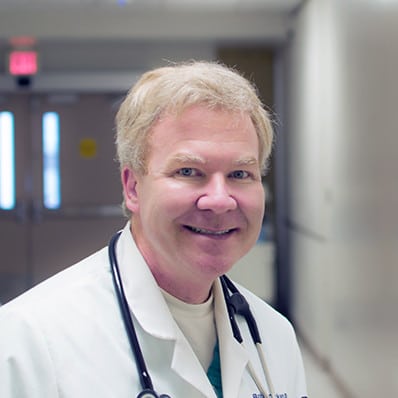Emergency Excellence: Dr. Robert Corkern’s Advanced Approaches to Critical Medical Care
Emergency Excellence: Dr. Robert Corkern’s Advanced Approaches to Critical Medical Care
Blog Article

When it comes to healthcare, lots of people often confuse disaster medicine with central medicine. Both are important limbs of medication, but they serve very different functions in individual care. Dr Robert Corkern Mississippi, a distinguished medical expert, explains the key differences between both of these specialties, shedding gentle on their particular focuses and how each plays a role in patient health. Understanding the difference between crisis medicine and internal medicine can help people better steer their healthcare wants and make educated decisions.
The Target of Disaster Medicine
Crisis medication is made to offer immediate, intense take care of individuals facing urgent or life-threatening conditions. Crisis physicians function in hospitals' disaster divisions (EDs), wherever they are often the first point of contact for persons experiencing extreme accidents, shots, heart attacks, or other medical emergencies. Dr. Corkern emphasizes that crisis medication is focused on stabilization and quick decision-making. Crisis physicians are experienced to handle a wide variety of medical conditions, usually with out reveal medical record of the patient, and should produce rapid judgments centered on limited information.
The primary purpose of emergency medication is to stop more hurt, stabilize the individual, and begin the correct interventions. From stress treatment to managing center attacks or strokes, disaster physicians are specialists in managing intense symptoms and providing life-saving therapies in high-pressure environments.
The Role of Internal Medication
On the other hand, central medication centers on diagnosing and handling serious conditions and conditions that influence adults, such as for instance diabetes, hypertension, and heart disease. Inner medicine specialists, or internists, work with patients around a lengthy time, providing comprehensive attention and reduction strategies. Dr. Corkern explains that internal medicine is mostly focused on the whole-body management of non-emergency medical issues. Internists frequently serve as principal care health practitioners, managing routine check-ups, controlling continuing therapies, and coordinating look after people with complex, long-term wellness issues.
While emergency physicians handle quick issues, internists take a more holistic and long-term approach to individual health. They frequently function strongly with specialists in parts like cardiology, pulmonology, and nephrology to control persistent situations and make sure that patients get coordinated take care of numerous wellness concerns.
Instruction and Way of Treatment
Dr. Corkern features the variations in the training required for both fields. Crisis medication needs physicians to be prepared for a broad spectrum of conditions that will require quick, life-saving interventions. Disaster doctors are qualified to control stress, critical condition, and intense exacerbations of serious conditions. That training involves much concentrate on acute attention and advanced life-saving procedures, frequently in high-stress environments.
On one other hand, inner medication physicians undergo intensive training in the elimination, examination, and treatment of serious conditions. They give attention to giving long-term care, often managing a patient's medical history and matching with other specialists. The internist's method is patient-centered, with a focus on long-term health maintenance and illness prevention.
When to Seek Crisis Medicine or Internal Medicine
Knowing when to get crisis medicine versus inner medicine could make all the big difference in the pace and type of treatment an individual receives. If you're experiencing a medical emergency, such as for instance serious chest suffering, trouble breathing, or quick loss of consciousness, the emergency room is the proper destination for a go. However, for continuing medical issues, persistent condition administration, or general health preservation, an interior medicine expert is usually the very best place of contact.
Realization:
Equally disaster medicine and internal medication perform crucial roles in individual treatment, but their approaches, target places, and teaching differ significantly. Dr Robert Corkern's description provides clarity on how these specialties function and when each is many relevant. By knowledge the distinctions, people may better steer their healthcare wants and assure they are seeking the right type of care at the proper time. Whether experiencing an urgent situation or controlling a chronic problem, both specialists are integral in maintaining and improving health.
Report this page